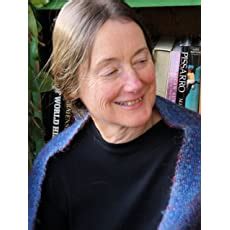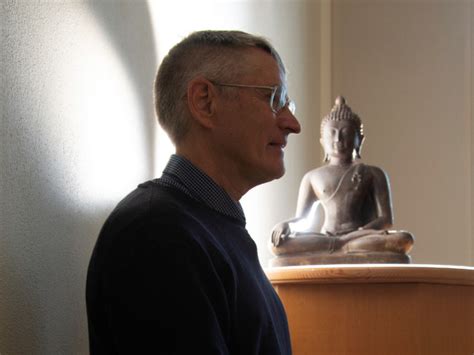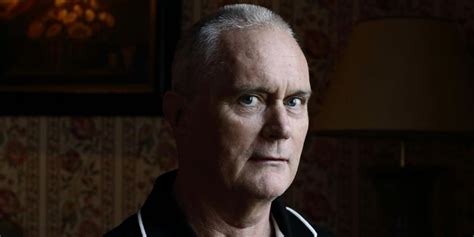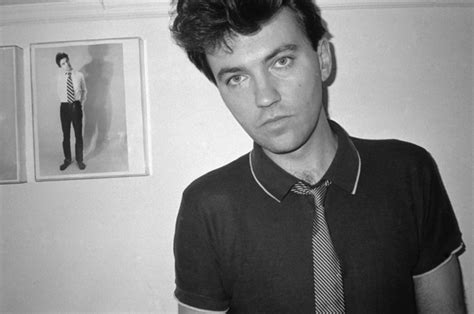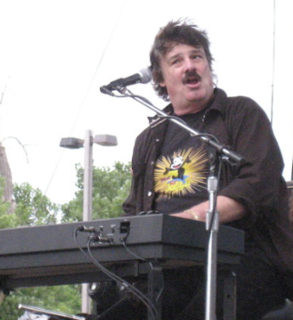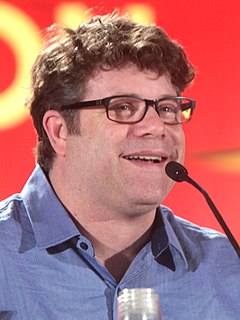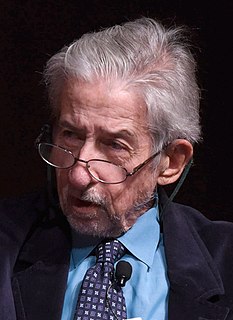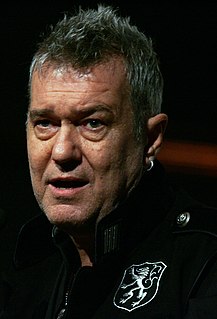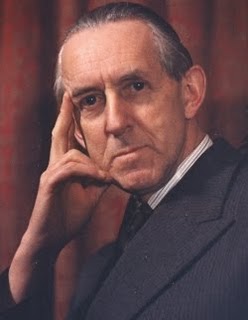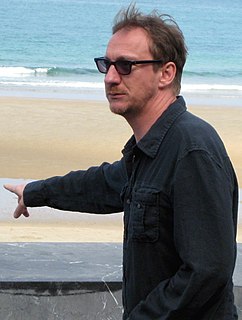Top 1200 Buddhist Life Quotes & Sayings
Explore popular Buddhist Life quotes.
Last updated on April 21, 2025.
When I speak in Christian terms or Buddhist terms I'm simply selecting for the moment a dialect. Christian words for me represent the comforting vocabulary of the place I came from hometown voices saying more than the language itself can convey about how welcome and safe I am what the expectations are and where to find food. Buddhist words come from another dialect from the people over the mountain. I've become pretty fluent in Buddhist it helps me to see my home country differently but it will never be speech I can feel completely at home in.
I think what happens in a religious life is that we have those experiences of affirmation and that one starts to live a Christian life or a Jewish life or a Muslim life or a Buddhist life, by affirming that affirmation each day. Each day you say 'Yes' to that Yes. So the life of being a Christian for example, is always a life of double affirmation, that you each day say 'Yes' to those counter-experiences of saying 'Yes', even when you're not experiencing them at that time, you're remaining loyal to that experience.
I think the Buddhist ethic is clearer and more systematic in some ways. The Buddhist notion is that our chief problems are greed, hatred and delusion. Well, delusion is not much mentioned in the Christian tradition. In the West, we have underplayed the idea that our moral and spiritual troubles have to do with a lack of clarity or insight because original sin has dominated so much of our thinking. We tend to think that our troubles are caused by insufficient will power.
The great achievement of Zen Buddhism, and all of its cultural expressions in painting or the tea ceremony or rock gardens, is a rejection of earlier Buddhist ideas which were dependent
upon narrative - all the mythological creatures that populate the Buddhist galaxy. Zen insisted on the real located in nature.
I think it would help if, when people are first ordained, they underwent a period of strict training, maybe for several years. During this time they would learn basic Buddhist philosophy in a monastic community where all the teaching and training was directed toward living a perfect monastic life and wasn't channeled out to fit into the lay life - which is what usually happens in Dharma centers where the teachings are directed toward how to live the Dharma in your everyday life.
One Mongolian leader became a very, very brutal dictator and eventually became a murderer. Previously, he was a monk, and then he became a revolutionary. Under the influence of his new ideology, he actually killed his own teacher. Pol Pot's family background was Buddhist. Whether he himself was a Buddhist at a young age, I don't know. Even Chairman Mao's family background was Buddhist. So one day, if the Dalai Lama becomes a mass murderer, he will become the most deadly of mass murderers.
You've got a lifetime to mull over the Buddhist understanding of interconnectedness." He spoke every sentence as if he'd written it down, memorized it, and was now reciting it. "But while you were looking out the window, you missed the chance to explore the equally interesting Buddhist belief in being present for every facet of your daily life, of being truly present. Be present in this class. And then, when it's over, be present out there," he said, nodding toward the lake and beyond.' ~Dr. Hyde, pg 50
In the story ["The Pyramid and the Ass"] there's this war against the so-called Buddhist Terrorists. As we find out, they're not really terrorists at all, just good folks trying to liberate people from technology and fight against an American government/corporation trying to coopt our souls. The inherent racism and Buddhist-phobia in the story plays into the present demonizing of Islam - and of our loss of knowledge about the great, spiritual history of the Sufis, for example, or the cultural heritage from the middle east.
In the end it is nothing other than the loving kindness with which the woman cares for her child that makes the difference. Her concern concentrates on one thing just like the Buddhist practice of concentration. She thinks of nothing but her child, which is similar to Buddhist compassion. That must be why, although she created no other causes to bring about it, she was reborn in the Brahma heaven.
By god the Buddhist means that from which the universe was born, the unborn of the Buddhist scriptures, and by soul that factor in the thing called man which moves towards enlightenment. Why need more be said of it, at any rate those who are not content with scholarship, but strive to attain that same enlightenment?
One of the things I regret about not putting in that book or I think it's there but I didn't really elaborate on it, is contraception. I came across someone who articulated very clearly that one of the things which makes our approach to Buddhist practice in regards to sex different these days than it was in Buddhist times, is the simple existence of reliable contraception, which is a no brainer but I missed really addressing it in the book.
Ko Un's poems evoke the open creativity and fluidity of nature, and funny turns and twists of Mind. Mind is sometimes registered in Buddhist terms - Buddhist practice being part of Ko Un's background. Ko Un writes spare, short-line lyrics direct to the point, but often intricate in both wit and meaning. Ko Un has now traveled worldwide and is not only a major spokesman for all Korean culture, but a voice for Planet Earth Watershed as well.
One day I saw a picture of the Buddha on a Buddhist magazine and he was sitting on the grass, and he was sitting on the grass, very peaceful, smiling, and I was impressed. Around me people were not like that, so I had the desire to be someone like him. I nourished that kind of desire until the age of sixteen, when I had the permission from my parents to go and ordain as a Buddhist monk.
I was born in England and brought up in London. When I was 18 I read a book and came across the Dharma. I was halfway through the book when I turned to my mother and said, "I'm a Buddhist," to which she replied, "Oh are you dear? Well finish the book and then you can tell me about it." I realised I'd always been Buddhist but I just hadn't known it existed, because in those days not even the word 'Buddha' was ever spoken. This was in in the 1960s, so there wasn't that much available, even in London.
I do a lot of reading on Buddhist philosophy, and a Buddhist nun named Pema Chödrön talks a lot about acceptance. It's one of the main tenets of Buddhism - accepting that what is, is. The root of our suffering is when we just don't want to accept a truth. We want something to be different than it is.
There is a Greco-Buddhist school of architecture and sculpture that you find everywhere in the world. It's fascinating, because Alexander died in 323 B.C. and Buddha existed around 500 B.C. But Alexander met Buddhist-type sages. And they had a different view of the world, as you know. They saw it in circular terms. They didn't need to conquer any land. And there are blond people who live in that region who are said to be descended from the soldiers who stayed. He left garrisons all over the world as he went.

